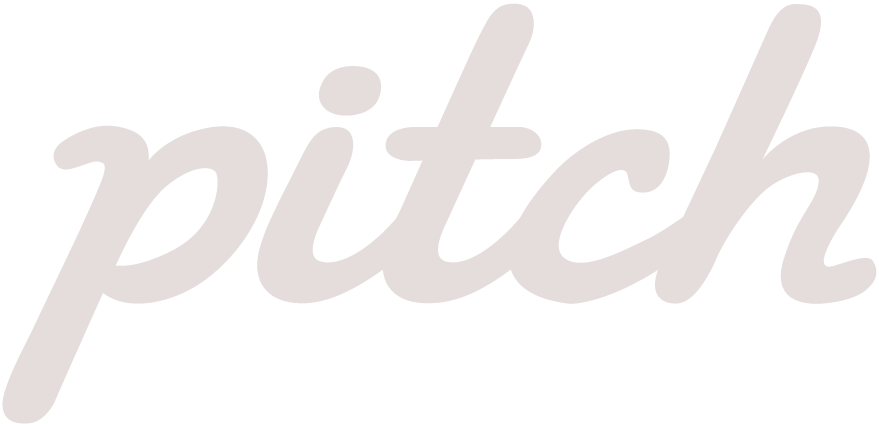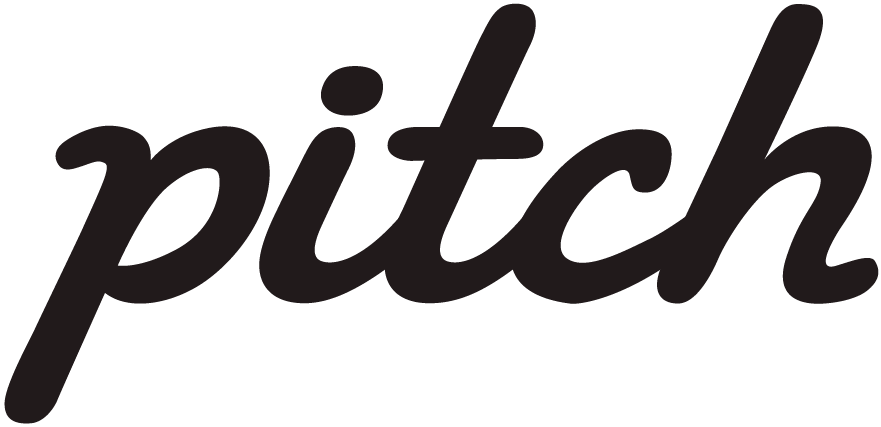With the new football season underway, the Premier League issued a warning to all fans that use of their content across social media would be monitored and punished, if in breach of copyright laws.
In recent years, as Twitter has emerged as a ‘second-screen’ for sports fans across the world to stay up-to-date with the latest goals, tries, runs, points, baskets and more, the appearance of illegal video content has risen.
The Premier League is now faced with a problem that has emerged from fans being a step ahead of official content producers. As social media empowers everyone to create content, have an opinion and broadcast to a global audience, fans are prepared to use this power to meet the demands of their peers.
The Social Status
There is a natural status that comes with being the first to a news story. Users thrive on having their content shared by hundreds (if not thousands) and seeing their name thrust into the social media limelight, albeit for a short space of time.
The moment a Premier League goal is scored, fans can post it online using Vine or similar within a matter of seconds and inevitably that’s not something that sits well with rights holders nor broadcasters.
Commercial partners
Sky Sports and BT Sport have paid £3bn for the rights to broadcast football to their paying audience, and so increasing frustration at the growth of illegal online sharing is inevitable.
In order to avoid further difficult conversations with commercial partners, the Premier League has to take control of the situation and through their recent PR drive, would appear to be doing just that.
Policing the Problem
Many social media professionals are claiming that the process of clamping down on those publishing illegal content in this way is too laborious and that it will just encourage users to create separate accounts.
However, one way to try to counter instant sharing of action would be for the rights holders or broadcasters to get more on the front foot in sharing the action via social media in real time themselves.
As much as consumers enjoy sharing videos that are being distributed by their peers, what they really want is quality. A high-quality, branded clip of a great goal pushed out on social media seconds after it goes in the back of the net is surely a more shareable piece of content than a poor quality Vine recording from the TV.
Wimbledon did this for the 2014 Championship with good results. Companies such as Grabyo are offering a tool that allows users to grab, edit and publish real-time content all within a single platform with additional bonuses of social media follow buttons and custom pre-roll too.
How does it work?
Great strides are being made in terms of social media platforms being able to police copyright infringements using hidden programs that detect file formats such as Vine videos, GIFs and content that can be automatically removed if it is detected as containing illegal content. YouTube has a similar system in place that refuses to upload content deemed to be illegal following complaints by professionals in the music industry a few years ago.
The reality is that the social platform’s programs will be unable to control everything, allowing some users to continue to publish content. Policing social media is a long-term investment and it’s also an ever-changing beast. Perhaps the over-riding lesson is that that content producers need to adapt more quickly to social media trends before they spiral further out of their control and when it comes to combatting threats to your content, prevention is better than cure.






